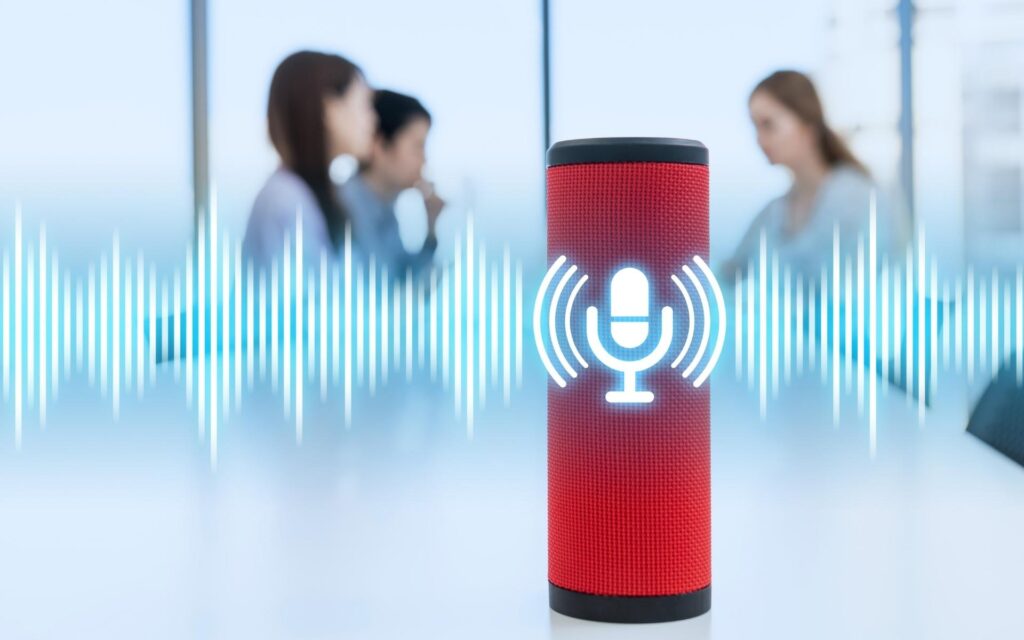Google, Apple, Meta, Amazon & Microsoft Join To Improve Voice Recognition

Five technology companies have joined forces to create the Speech Accessibility Project, which will bring voice recognition to people with non-standard speech patterns. Instead of working separately, the five technology companies have joined forces to improve voice recognition.
Google announced its participation in the Speech Accessibility Project to assist with the development of advanced speech recognition systems that can be used for people with impaired speech.
Speech recognition can access websites, speech translators, voice assistants, and other devices.
Voice-activated devices and services can sometimes be challenging to use if the speech pattern of a user is impaired by Lou Gehrig’s Disease, Parkinson’s Disease, or Down Syndrome.
This project will change that by bringing together five technology companies to work together on the problem of speech recognition for people with non-standard speech patterns.

English will be the first language used, and other languages will be added.
Speech Accessibility Project Website explained:
“…ML models can’t learn to understand speech from various languages without diverse and representative data. This project will change that by providing the data needed to train machine learning models more efficiently.
Accessibility advancement project: New Project
The Speech Accessibility Project, a collaboration between five technology companies and the University of Illinois, is a program that aims to make voice-activated technology more accessible to a wider audience.
These companies are part of the new initiative:
- Amazon
- Apple
- Meta
- Microsoft
The project website listed the problem they are solving :
“Today’s speech recognition systems (voice assistants, translation tools) don’t always recognize speech patterns often associated with people with disabilities.
This includes speech impairments caused by Lou Gehrig’s Disease or Amyotrophic Lateral Sclerosis, Parkinson’s disease, cerebral palsy, and Down syndrome.
These individuals and others may not be able to use the most recent speech recognition tools.
Speech Recognition Accessibility
The Speech Accessibility Project will collect samples from different voice patterns to create an anonymous dataset.
The data / information will be used to build machine learning models that better understand the voice patterns of those not currently served.
Project Euphonia
Google’s AI-based accessibility initiative, Project Euphonia, was launched in 2019. Google was able to adapt speech recognition to be capable of understanding non-standard spoken English, thanks to this project.
This project recorded speech patterns from more than 2,000 participants to the Google project.
Google’s contribution to the Speech Accessibility Project is to make anonymous contributions by Project Euphonia participants to their speech patterns to the new accessibility project.
Google’s announcement :
“We hope these datasets will be made available to researchers and development teams so we can improve communication systems for all, even people with disabilities.”
Advanced Speech Recognition
This project represents a notable milestone in the progress of technology that can be used to assist people with non-standard speech patterns.
This new project is exciting because all five technology companies will collaborate to solve speech recognition issues instead of working in silos.
Everyone benefits from having more accessible access to the Internet and devices for those in need.

